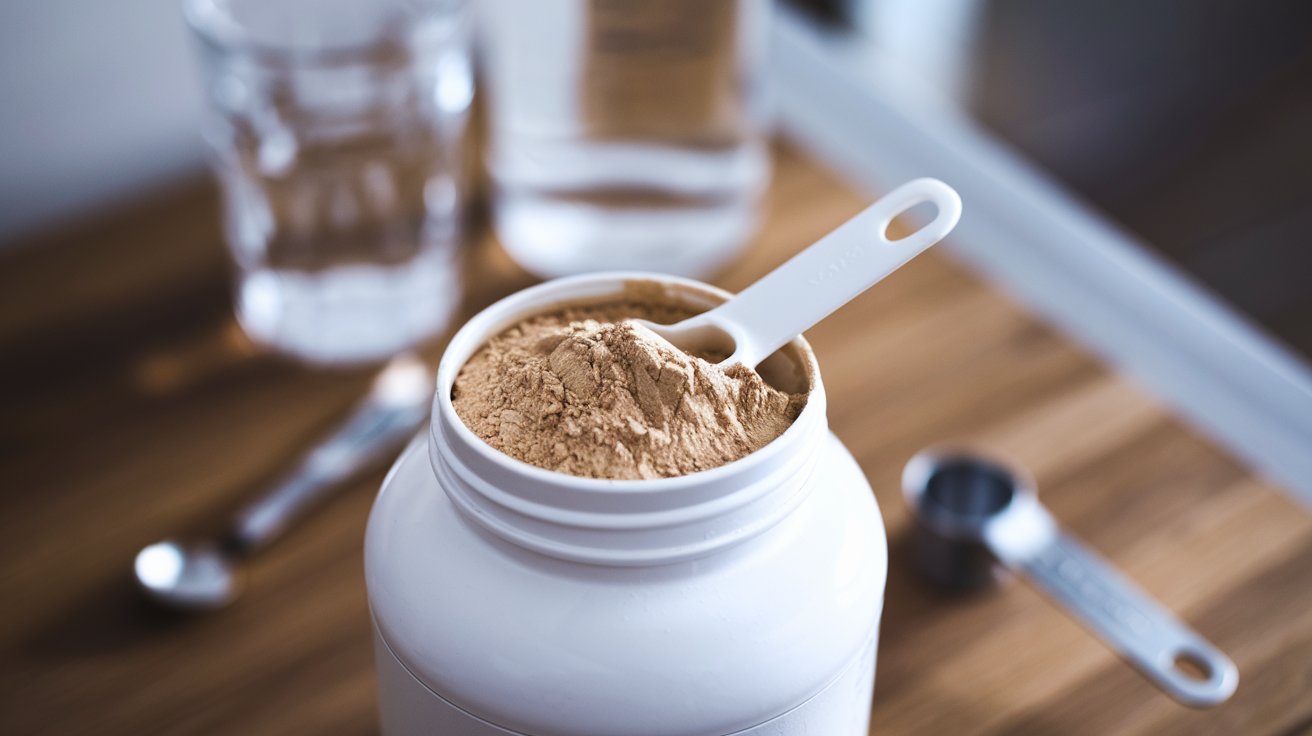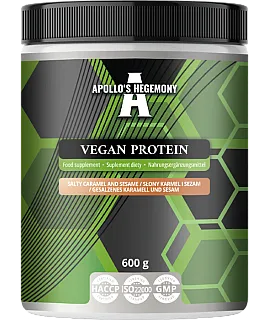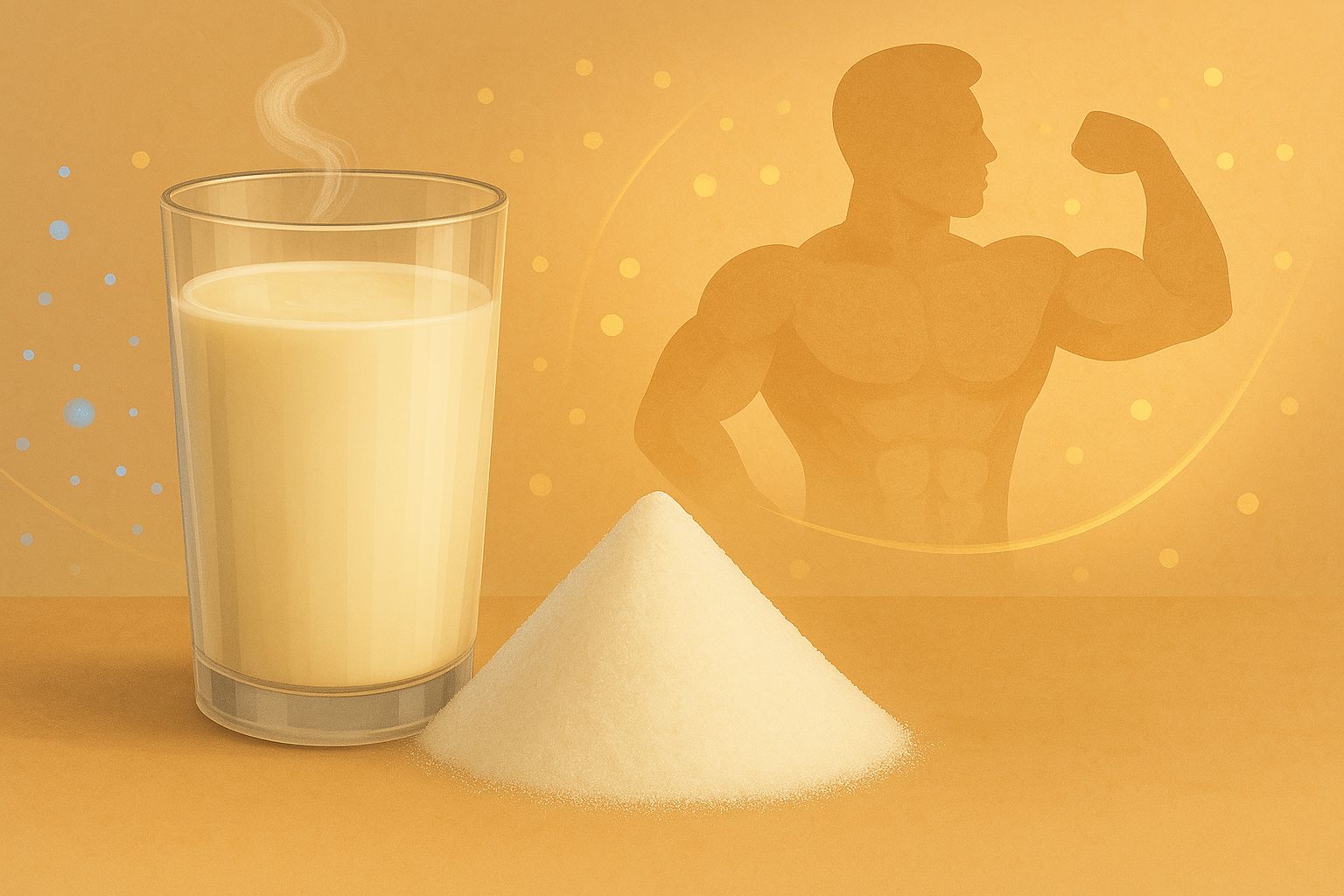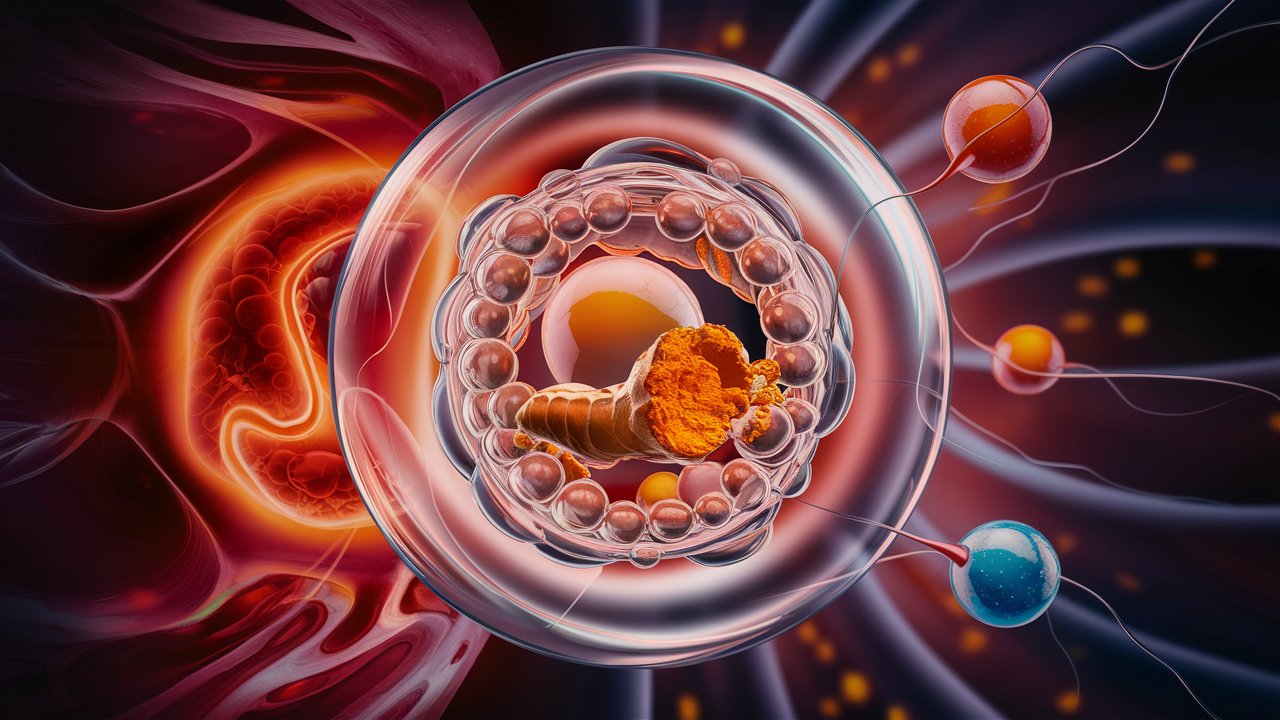How to use protein supplements?

Protein supplements are of tremendous interest to both recreational and competitive athletes. The advantages of regular use of protein nutrients have been well described in the professional literature. So let's find out how to properly use protein nutrients to get the intended benefits.
- Protein nutrients - effects
- Casein-based protein supplements
- Protein nutrients based on whey protein
- Plant-based protein supplements
- Protein nutrients after training - how to use?
- Protein nutrients at night - how to use?
Protein nutrients - effects
The results of previous studies have shown that regular use of protein nutrients (especially whey protein-based) contributes to increased muscle mass and strength in people who regularly perform strength training. Protein nutrients are effective for the repair, maintenance and synthesis of skeletal muscle proteins due to their high content of leucine and other essential amino acids (essential for the human body). The use of protein nutrients activates anabolic processes throughout the body and has a positive effect on body composition and the rate of post-workout recovery. Protein nutrients have been shown to increase lean body mass gain and simultaneously reduce body fat mass, waist circumference and BMI in people who regularly train at the gym and follow a well-balanced diet. In addition, the use of protein nutrients can contribute to lowering blood glucose levels and reducing appetite and increasing the feeling of satiety between main meals. In addition, protein nutrients prevent the onset of sarcopenia (loss of skeletal muscle mass, strength and power with age) and sarcopenic obesity (when combined with regular strength training), and alleviate the symptoms of cancer cachexia.
Casein-based protein supplements
Protein nutrient containing micellar casein is most often recommended about 30 minutes before bedtime due to the fact that it increases the overnight availability of amino acids in the blood, thus helping to achieve a positive protein balance and positively influencing post-workout recovery and the development of strength and muscle mass. Regular use of a casein-based protein supplement will work well for those people who regularly perform strength training, who have great difficulty meeting their increased daily protein requirements during the period of muscle mass development or fat reduction. Protein conditioner containing casein can also be successfully used by all people who follow a reduction diet and have a lot of trouble maintaining satiety between main meals.
Protein nutrients based on whey protein
There are three main types of whey protein-based supplements, namely Whey Protein Concentrate (WPC), Whey Protein Isolate (WPI) and Whey Protein Hydrolysate (WPH). Most people tend to use WPC and WPI, while WPH is mainly chosen by people with known allergies to cow's milk proteins. Protein supplements based on whey protein help athletes meet their increased daily protein requirements, as they are a tasty and easy and quick to prepare meal. Adding one scoop of WPC or WPI to your morning oatmeal and afternoon milky fruit shake improves the nutritional value and taste of the meal. Protein supplements based on whey protein should be used in such an amount as to ensure optimal leucine content in the meal. The recommended serving for the vast majority of people is 1-2 measures of WPC or WPI, for example, for the first meal after weight training. It is worth adding that people with symptoms of irritable bowel syndrome (IBS) and lactose intolerance should use whey protein isolate-based protein supplements, as they contain a trace amount of milk sugar, which causes intestinal symptoms in these people.
Plant-based protein supplements
Athletes adhering to an all-plant (vegan) diet may find it very difficult to get enough protein solely from food sources, i.e. legumes, soy products, grain products, pseudo-cereals (e.g. amaranth, quinoa, teff), nuts, seeds and seeds. And this is where plant-based protein supplements, which are widely available on the dietary supplement market, come to the rescue. These include soy protein isolate, pea protein isolate and hemp protein and rice protein, among others. Using plant-based protein supplements is a good option for athletes on a vegan diet, especially if getting enough protein in the diet is difficult or simply impractical. Taking into account the Protein Digestibility Corrected Amino Acid Index (PDCAAS) and the Digestible Indispensable Amino Acid Index (DIAAS), a protein nutrient based on soy protein isolate will be by far the best choice for vegans. The optimal serving of a plant-based protein nutrient is 1-2 scoops, which gives an average of 24-48 grams of protein.
Protein nutrients after training - how to use?
The vast majority of people use protein nutrients in the form of a shake as the first meal after training. It is important that the post-workout meal provides about 40 g of protein and is eaten no later than two hours after the end of exercise. To do this, it is advisable to use 1.5-2 scoops of whey protein nutrient (WPC or WPI), which contain an average of 36-48 g of protein. Using a protein nutrient after weight training, characterized by high digestibility and easy assimilation, helps develop muscle mass and strength and shape an athletic physique.
Protein nutrients at night - how to use?
Many people wonder how to use protein supplements at night to increase gains in muscle mass and strength, and speed up the rate of post-workout recovery after an evening workout. Previous research suggests that consuming 40-48 grams of protein in the form of a whey protein nutrient (WPC/WPI) or micellar casein about 30 minutes before bed is a good idea to alleviate inflammation, delayed post-workout muscle soreness and exercise-induced skeletal muscle damage. In practice, this means taking 2 scoops of protein nutrient at night, which provides about 48 grams of protein.
Sources:
-
Bergia RE 3rd, Hudson JL, Campbell WW: Effect of whey protein supplementation on body composition changes in women: a systematic review and meta-analysis. Nutr Rev. 2018 Jul 1;76(7):539-551.
-
Sepandi M, Samadi M, Shirvani H, et al: Effect of whey protein supplementation on weight and body composition indicators: A meta-analysis of randomized clinical trials. Clin Nutr ESPEN. 2022 Aug;50:74-83.
-
Antonio J, Ellerbroek A, Peacock C, et al: Casein Protein Supplementation in Trained Men and Women: Morning versus Evening. Int J Exerc Sci. 2017 May 1;10(3):479-486.
-
Kerksick CM, Arent S, Schoenfeld BJ, et al: International society of sports nutrition position stand: nutrient timing. J Int Soc Sports Nutr. 2017 Aug 29;14:33.
-
Joy JM, Vogel RM, Shane Broughton K, et al: Daytime and nighttime casein supplements similarly increase muscle size and strength in response to resistance training earlier in the day: a preliminary investigation. J Int Soc Sports Nutr. 2018 May 15;15(1):24.
-
Snijders T, Trommelen J, Kouw IWK, et al: The Impact of Pre-sleep Protein Ingestion on the Skeletal Muscle Adaptive Response to Exercise in Humans: An Update. Front Nutr. 2019 Mar 6;6:17.
-
Kim J.: Pre-sleep casein protein ingestion: a new paradigm in post-exercise recovery nutrition. Phys Act Nutr. 2020 Jun 30;24(2):6-10.
-
Reis CEG, Loureiro LMR, Roschel H, et al: Effects of pre-sleep protein consumption on muscle-related outcomes - A systematic review. J Sci Med Sport. 2021 Feb;24(2):177-182.
-
Costa JV, Michel JM, Madzima TA.: The Acute Effects of a Relative Dose of Pre- Sleep Protein on Recovery Following Evening Resistance Exercise in Active Young Men. Sports (Basel). 2021 Mar 26;9(4):44.
-
Kuo YY, Chang HY, Huang YC, et al: Effect of Whey Protein Supplementation in Postmenopausal Women: A Systematic Review and Meta-Analysis. Nutrients. 2022 Oct 10;14(19):4210.
-
Trommelen J, van Lieshout GAA, Pabla P, et al: Pre-sleep Protein Ingestion Increases Mitochondrial Protein Synthesis Rates During Overnight Recovery from Endurance Exercise: A Randomized Controlled Trial. Sports Med. 2023 Mar 1.
-
https://www.ais.gov.au/nutrition/supplements/group_a#isolated_protein_supplement



 ⮜ Previous article
⮜ Previous article
What is casein protein?
 Next article ⮞
Next article ⮞